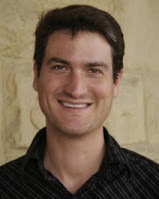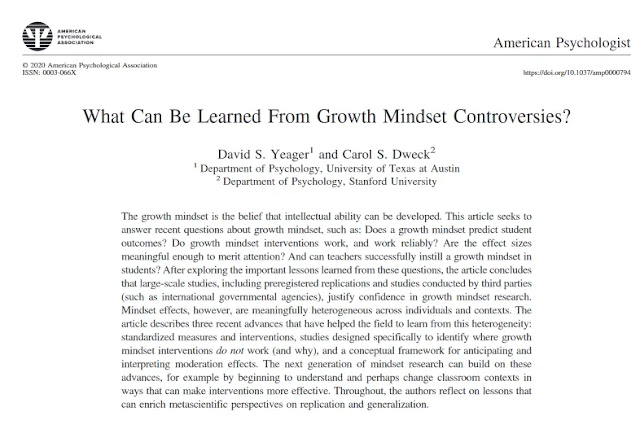Interview with Judith Glück

Judith Glück is a professor of developmental psychology at the University of Klagenfurt in Austria. She is one of the leading scholars in the emerging field of wisdom science. She started studying this topic 20 years ago where she worked with wisdom science pioneer Paul Baltes at the Max Planck Institute in Berlin. Her research has focused on how laypeople view wisdom, how wisdom develops, how it can be measured, on situational determinants of wisdom, and on the relationship between wisdom and values and intuitions. Together with her longtime collaborator Susan Bluck she introduced the MORE Life experience model of wisdom . In this interview I ask here about a variety of topics such as what wisdom science is, what wisdom itself is, why wisdom may now be more needed than ever in the world, and how wisdom science may contribute to progress in the world. Hi Judith, I think I read somewhere that people have written about wisdom practically since the invention of writing some 5000 years ...


